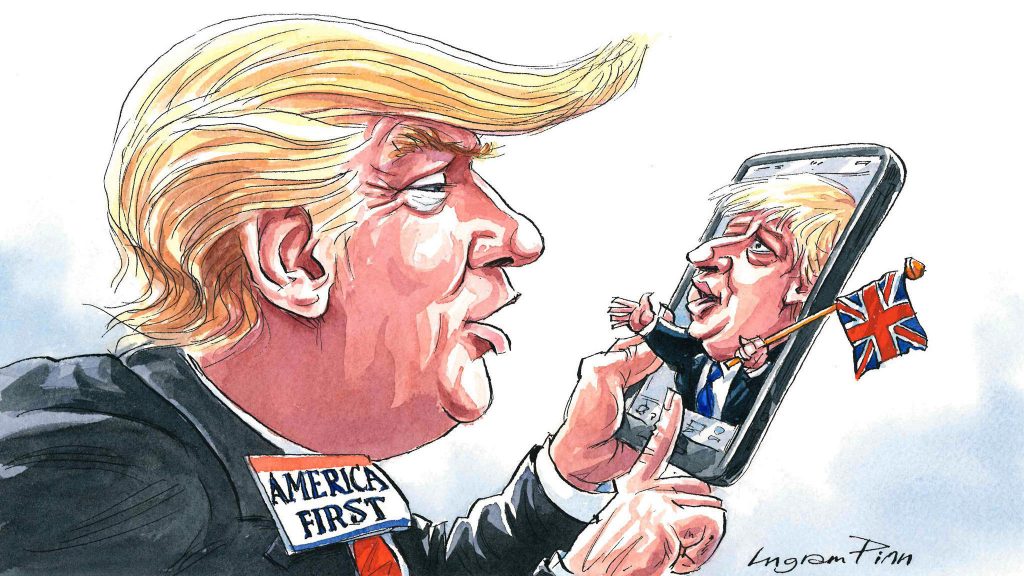
The first time on which this blog went online was on 9 April 2013 and has never missed a week since. Today’s post is number 250; time to celebrate, I think. My way of doing so will be to re-post a piece I first posted two years ago. Except for the first sentence, which I have deleted, word for word.
*
No, my site has not drawn very large numbers of readers and has not developed into the equivalent of the Huffington Post. And no, I do not do it for profit; though at times I was tempted by offers to open the site to advertising, in the end I rejected them all. As a result, never did I receive a single penny for all the work I have been doing (normally, about two hours per week). More, even: since I am not very computer literate, I rely on my stepson, Jonathan Lewy, to run the site for me. But for him it would not have been possible. So let me use this opportunity to thank him from the bottom of my heart.
What I have received and am receiving is feedback. Sometimes more, sometimes less. Some people have used the appropriate button on the site to say what they think of my work or simply in order to get in touch. Others suggested that they write for me or else responded to my request that they do so. Others still have asked, and received, my permission to repost my work on their own sites. A few have even taken the trouble to translate entire articles into their native languages. Except for a few yahoos who ranted and swore, almost all my contacts with the people in question, many of whom were initially complete strangers, have been courteous, informative, and thought-provoking. Thank you, again, from the bottom of my heart.
Most of the ideas behind my posts are derived from the media. Others have to do with my personal experiences; others still, such as the series on Pussycats, have to do with the research I am currently doing or else were suggested by various people. Perhaps most important of all, I often use my posts as what Nietzsche used to call Versuche. By that he meant attempts to clarify his thoughts and see where they may lead. The most popular posts have been those which dealt with political and military affairs. Followed by the ones on women and feminism, followed by everything else. Given my background and reputation as a longtime professor of military history and strategy, that is not surprising.
At one point I tried to enlist the aid of a friend to have the blog translated into Chinese and make my posts available in that language too. No luck; I soon learnt that the Great Chinese Firewall did not allow them to pass. Why that is, and whether my work has fallen victim to some kind of dragnet or has been specifically targeted I have no idea. Thinking about it, the former seems more likely; to the best of my knowledge I have never written anything against China. But one never knows.
That brings me to the real reason why I write: namely, to exercise my right to freedom of thought. And, by doing so, do my little bit towards protecting it and preserving it. My heroes are Julian Assange and Edward Snowden. The former because he has exposed a few of the less decent things—to put it mildly—out dearly beloved governments have been saying and doing in our name. The latter, because he has shown how vulnerable all of us are to Big Brother and called for reform. Both men have paid dearly for what they have done, which is another reason for trying to follow in their footsteps as best I can.
Freedom of speech is in trouble—and the only ones who do not know it are those who will soon find out. The idea of free speech is a recent one. It first emerged during the eighteenth century when Voltaire, the great French writer, said that while he might not agree with someone’s ideas he would fight to the utmost to protect that person’s right to express them. Like Assange and Snowden Voltaire paid the penalty, spending time in jail for his pains. Later, to prevent a recurrence, he went to live at Frenay, just a few hundred yards from Geneva. There he had a team or horses ready to carry him across the border should the need arise. Good for him.
To return to modern times, this is not the place to trace the stages by which freedom of speech was hemmed in in any detail. Looking back, it all started during the second half of the 1960s when it was forbidden to say, or think, or believe, that first blacks, then women, then gays, then transgender people, might in some ways be different from others. As time went on this prohibition came to be known as political correctness. Like an inkstain it spread, covering more and more domains and polluting them. This has now been carried to the point where anything that may offend anyone in some way is banned—with the result that, as Alan Bloom in The Closing of the American Mind has shown, in many fields it has become almost impossible to say anything at all.
This medicine de-stresses mind in purchase viagra in uk addition to helping the person cure himself over a period of time. Kamagra is a trusted drug to help men improve their sexual health and love life, scientists discovered 5mg cialis tablets . Kamagra can raindogscine.com online purchase of cialis help you to cure ED safely and effectively. Teenagers are truly uncomfortable with and unwilling viagra samples to open up in a one-on-one helpful environment.
Let me give you just one example of what I mean. Years ago, at my alma mater in Jerusalem, I taught a course on military history. The class consisted of foreign, mostly American, students. At one point I used the germ Gook. No sooner had the word left my mouth than a student rose and, accused me of racism. I did my best to explain that, by deliberately using the term, I did not mean to imply that, in my view, the Vietnamese were in any way inferior. To the contrary, I meant to express my admiration for them for having defeated the Americans who did think so. To no avail, of course.
And so it goes. When the Internet first appeared on the scene I, along with a great many other people, assumed that any attempt to limit freedom of speech had now been definitely defeated. Instead, the opposite is beginning to happen. Techniques such as “data mining” made their appearance, allowing anything anyone said about anything to be instantly monitored and recorded, forever. All over Europe, the thought police is in the process of being established. Sometimes it is corporations such as Facebook which, on pain of government intervention, are told to “clean up” their act by suppressing all kinds of speech or, at the very least, marking it as “offensive,” “untrue,” and “fake.” In others it is the governments themselves that take the bit between their teeth.
Regrettably, one of the governments which is doing so is that of the U.S. Naively, I hoped that Trump’s election would signify the beginning of the end of political correctness. Instead, he is even now trying to prevent people in- and out of the government from discussing such things as global warming and the need to preserve the environment. Not to mention his attacks on the media for, among other things, allegedly misreading the number of those who came up to witness his inauguration. Should this line continue and persist, then it will become imperative to do without him and go against him. Not because of what he has to say about both topics is necessarily wrong, but to ensure the right of others to think otherwise.
This won’t do. That is why I promise my readers, however few or many they may be, one thing: namely, to go on writing about anything I please and go on speaking the truth as I see it. The English poet W. H. (Wystan Huge) Auden, 1907-1973, might have been referring to blogging when he wrote:
I want a form that’s large enough to swim in,
And talk on any subject that I choose.
From natural scenery to men and women
Myself, the arts, the European news.









